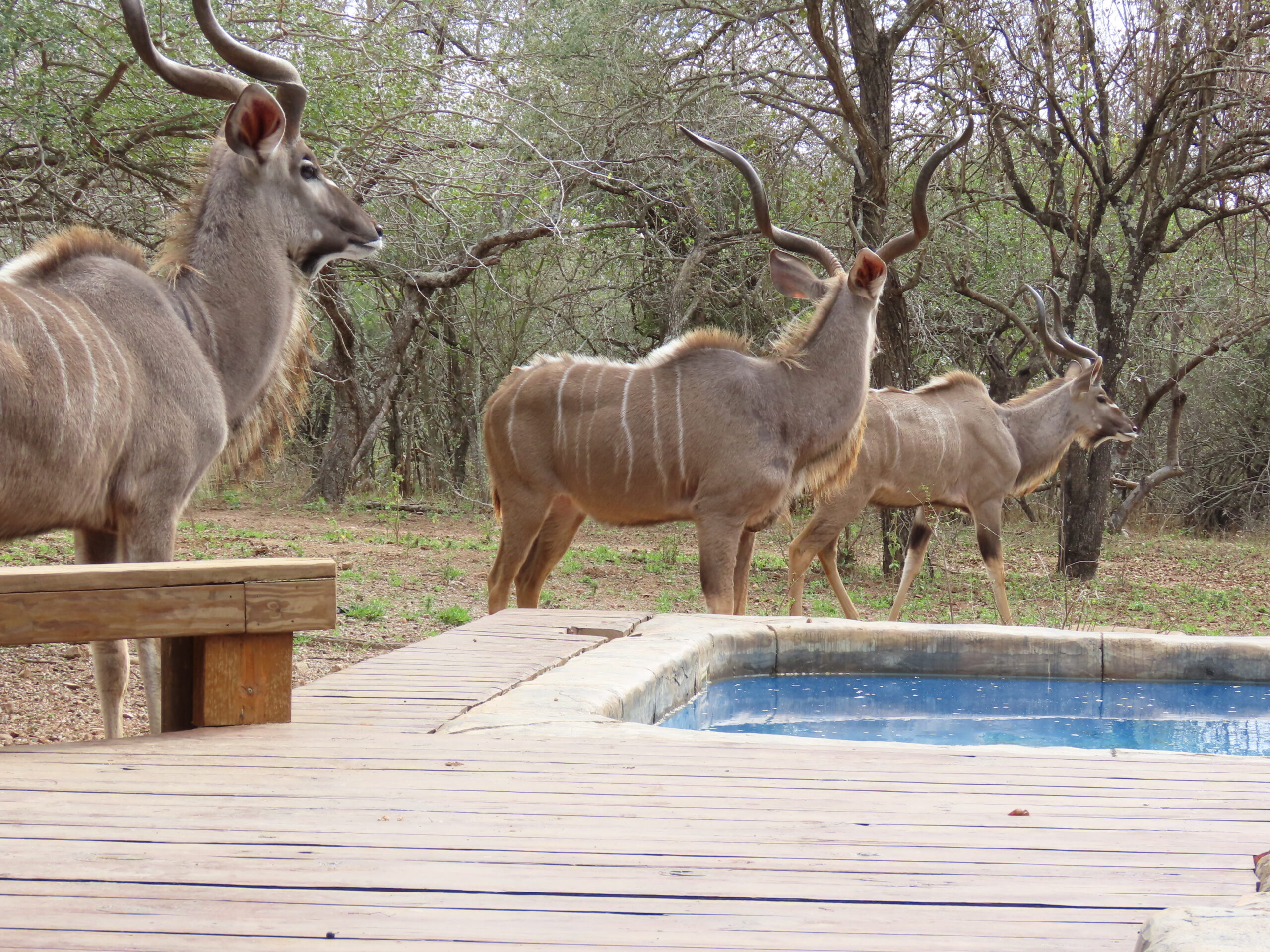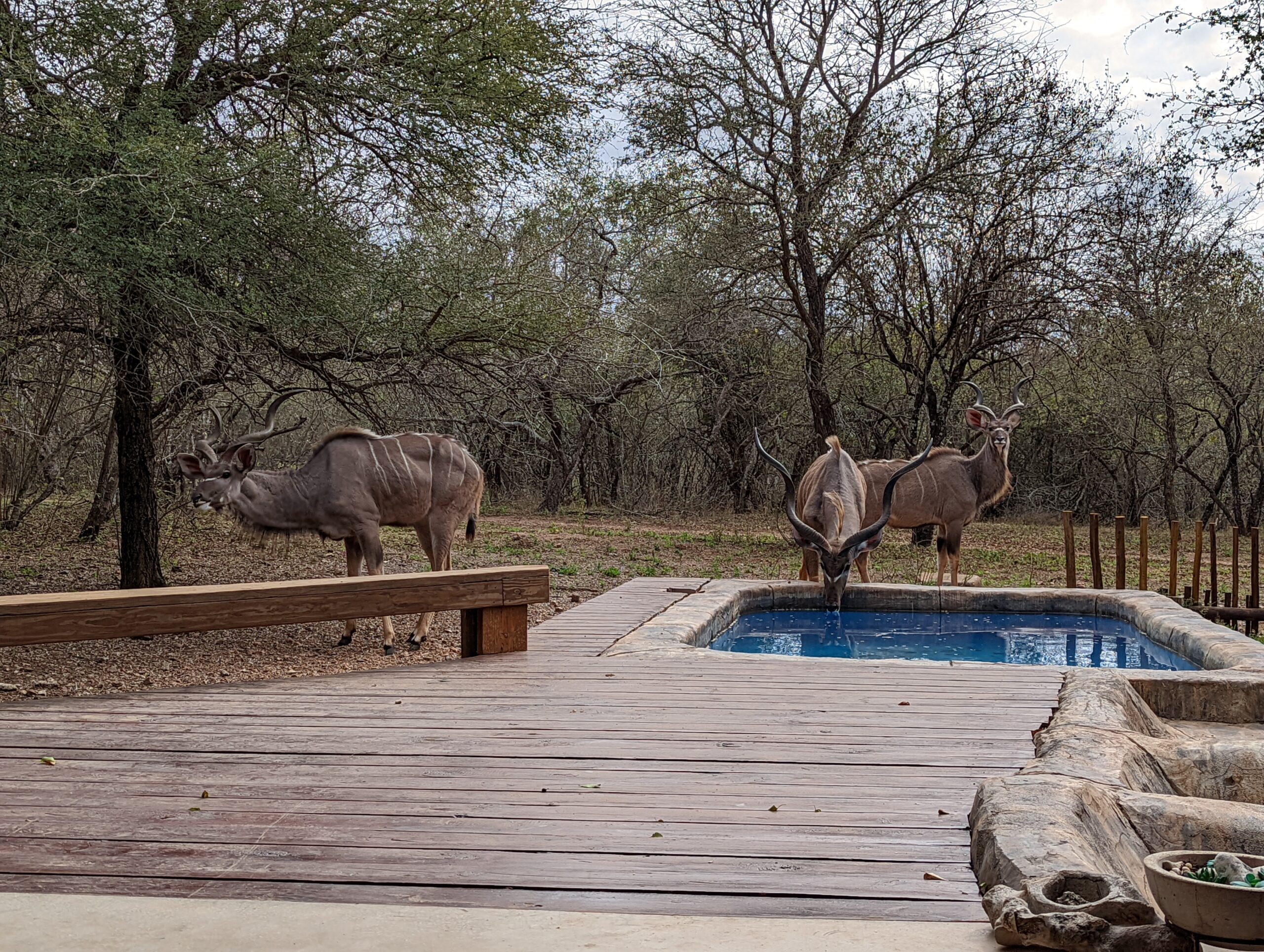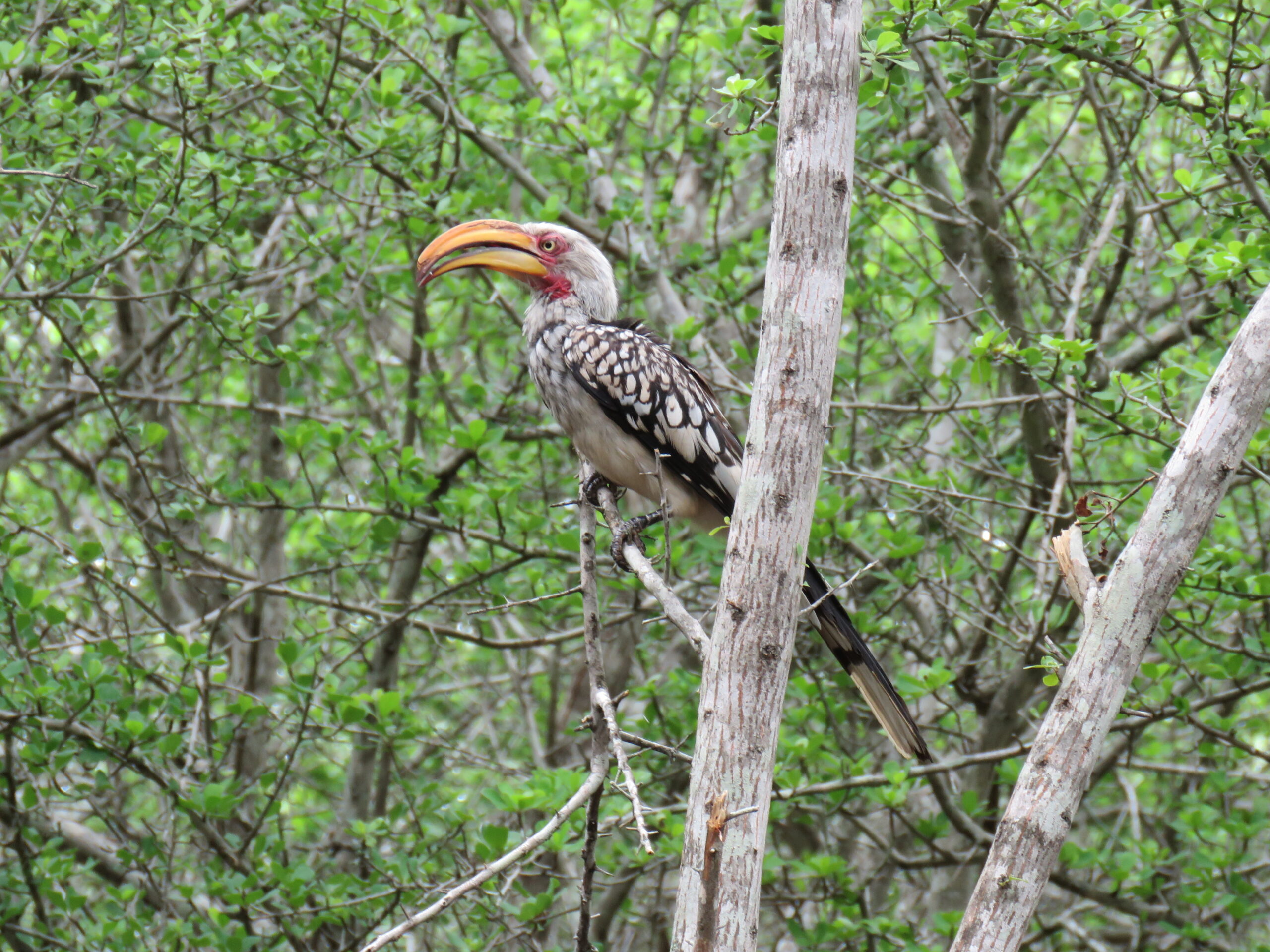
Last night there were 129 photos on the trail cam of a Big Daddy over several hours, all while we were sleeping. We wonder what’s in the minds of the wildlife. No one knows, not even the most knowledgeable scientists and researchers. Do the animals think like us, not in words but pictures, as we do, our minds always active, thinking, planning, imagining, and remembering?
Tom and I spend the better part of each day watching them, curious about their behavior, fascinated by their reaction to one another and their perception of us. What do they think of “these two-legged human creatures who always seem so happy to see us and oddly toss pellets our way?”

We’d like to believe they “feel” some connection to us, to our attention, to our snippets of generosity. Many casual observers believe they only respond to us by route, instinct, and hunger.
But, after years of observing them, we can’t help but believe it’s so much more. Who are we to think we are superior to them in such a manner that they can’t feel like us to some degree? There’s controversy regarding this topic. Will science ever know the truth?

No, we don’t possess expertise or education in etiology, as described below:
“Ethology is the study of animal behavior. It is a discipline with long traditions and one of few non-medicine biological disciplines that have generated Nobel prizes.”
Also, from this site:
Ethology is the scientific study of animal behavior, usually focusing on behavior under natural conditions and viewing behavior as an evolutionarily adaptive trait. Behaviorism as a term also describes the scientific and objective study of animal behavior, usually referring to measured responses to stimuli or trained behavioral responses in a laboratory context, without a particular emphasis on evolutionary adaptivity. Throughout history, different naturalists have studied aspects of animal behavior. Ethology has its scientific roots in the work of Charles Darwin and of American and German ornithologists of the late 19th and early 20th century,[citation needed] including Charles O. Whitman, Oskar Heinroth, and Wallace Craig. The modern discipline of ethology is generally considered to have begun during the 1930s with the work of Dutch biologist Nikolaas Tinbergen and Austrian biologists Konrad Lorenz and Karl von Frisch, the three recipients of the 1973 Nobel Prize in Physiology or Medicine. Ethology combines laboratory and field science with a strong relation to some other disciplines, such as neuroanatomy, ecology, and evolutionary biology. Ethologists typically show interest in a behavioral process rather than a particular animal group, and often study one type of behavior, such as aggression, in several unrelated species.

Ethology is a rapidly growing field. Since the dawn of the 21st century, researchers have re-examined and reached new conclusions about animal communication, emotions, culture, learning, and sexuality that the scientific community long thought understood. New fields, such as neuroethology, have developed.
Understanding ethology or animal behavior can be crucial in animal training. Considering the natural behaviors of different species or breeds enables trainers to select the individuals best suited to perform the required task. It also allows trainers to encourage the performance of naturally occurring behaviors and discontinue undesirable behaviors.”

It’s all fascinating to us. But, with our lack of expertise in this area, we are left as laypeople purely observing and reveling in their behavior, wondering how they feel and what they think. In the interim, we believe that they think, feel, and respond to us, which only adds to the wonder of our everyday experiences, living in the bush in this magical place.
Today is yet another perfect day with comfortable, warm weather. It was cold this morning but has since warmed up to a high of 82F, 28C, with a low of 50F, 10C, with humidity at a low of 33%. Sitting outdoors on the veranda is exceptionally comfortable today, and indeed we’ll stay here to savor the arrival of our animal friends, whoever they may be, whatever they may “think.”
Be well.
Photo from one year ago today, July 3, 2021:

